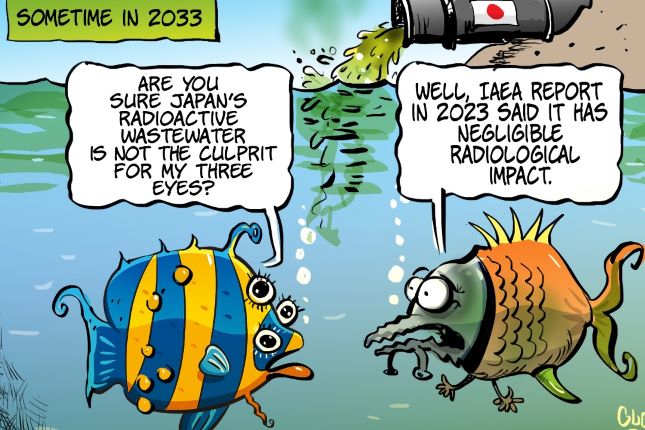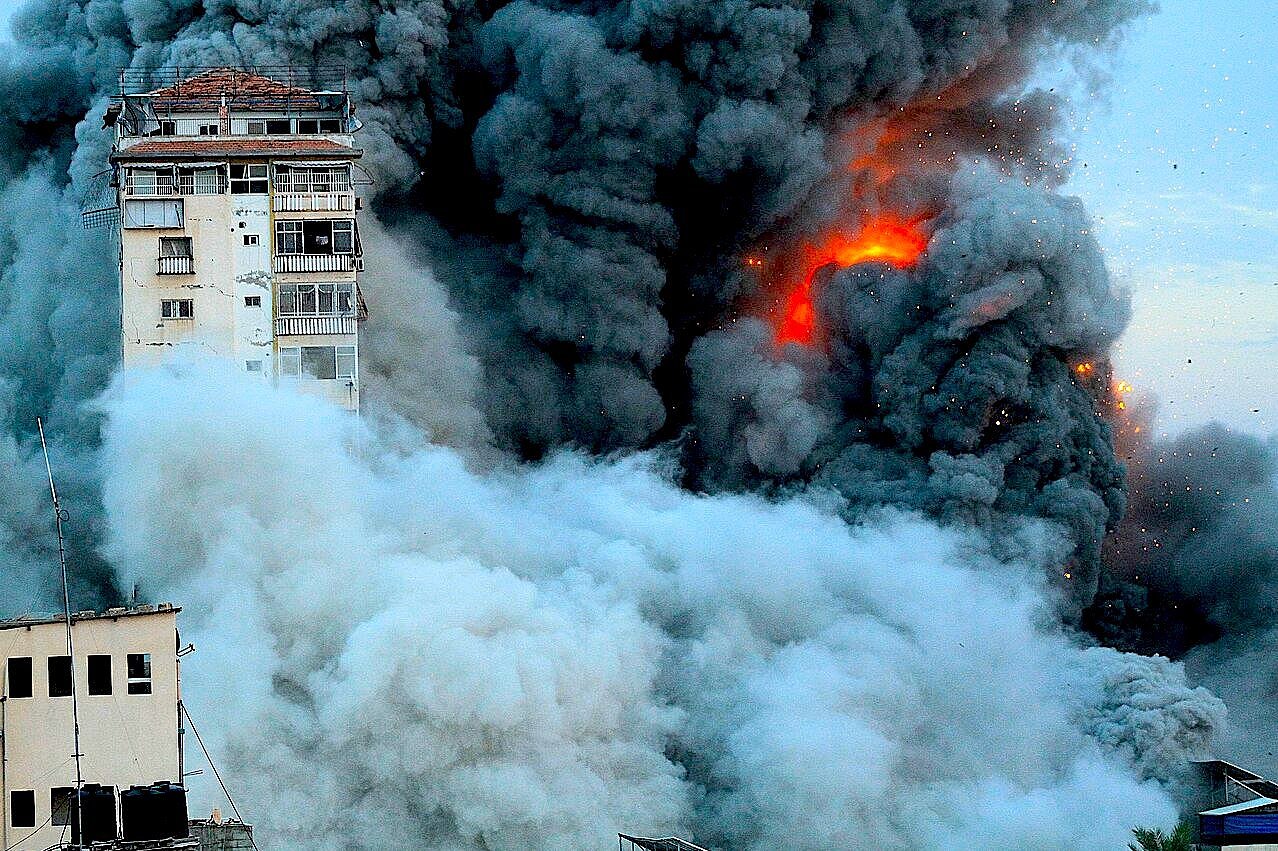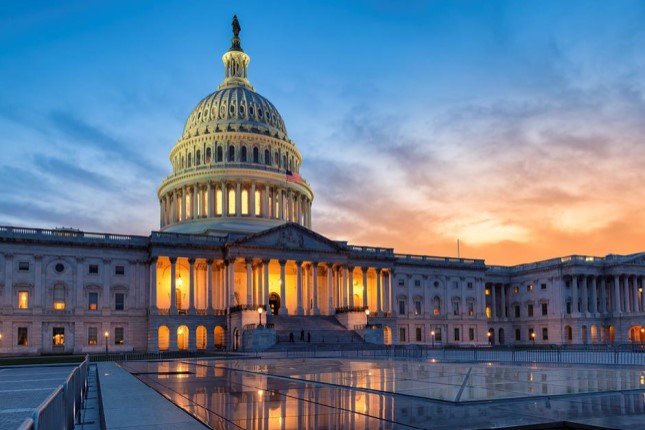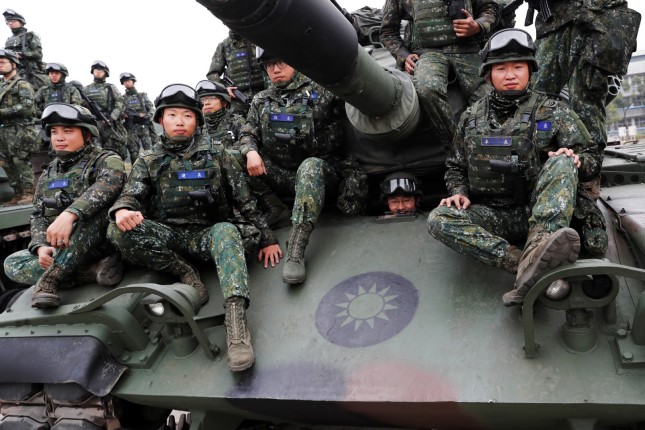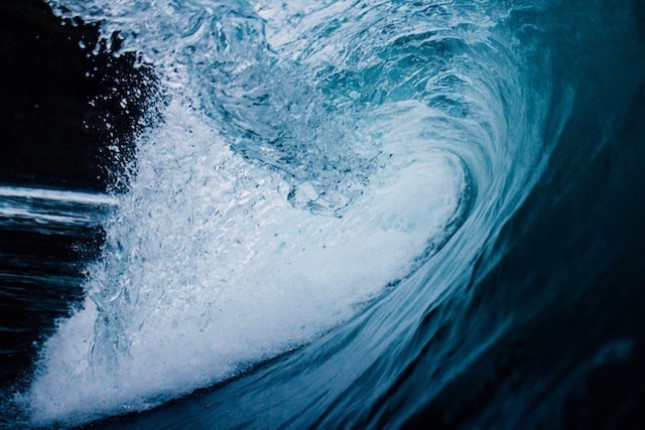According to reports, Japan is set to implement its plan to dump nuclear-contaminated wastewater from the Fukushima Daiichi Nuclear Power Plant into the ocean in mid-August, drawing widespread international concern for food and ecological safety. Meanwhile, business at a related restaurant has reportedly already dropped by 10 to 20 percent in China's Hong Kong Special Administrative Region (HKSAR).
An owner of a Japanese restaurant in the HKSAR surnamed Lam said on a local program on Monday that news of Japan's dumping plan had already stirred up concerns among residents, causing up to 20 percent of patrons who used to order sashimi to avoid doing so, according to local media reports.
Kenneth Leung (Leung Mei-yee), chairman of the Advisory Council on Food and Environmental Hygiene in HKSAR, also raised concerns over the dumping plan. According to media reports, Leung said on a local program on Monday that a related Japanese report only studied four types of organisms and that it is also unknown how many years it will take for marine mud to reach the highest level of contamination after absorbing nuclear contamination, as such the safety of the plan is uncertain.
The authorities in HKSAR are expected to soon reveal further details about a scheme to monitor Japanese seafood through means such as enhanced sampling inspection, Leung noted.
Customs in the Chinese mainland announced on July 7 a ban on food imports from Japan's Fukushima and nine other regions and said it will rigorously examine certificates for food imports, especially aquatic products from other non-banned regions.
In response to whether the HKSAR would follow the mainland's food ban, Leung said HKSAR had a risk-based approach for monitoring and that a trans-departmental research group has been launched to study different plans to ensure food safety, said the reports.
Chinese Foreign Ministry spokesperson Mao Ning on Monday once again urged Japan to cancel its dumping plan and to deal with the nuclear-contaminated wastewater in a responsible and safe way.
HKSAR lawmakers Steven Ho (Ho Chun-yin) and Elizabeth Quat have both condemned what they call Japan's irresponsible behavior in discharging nuclear-contaminated wastewater, saying that HKSAR should follow the mainland Customs' move to ban food imports from the relevant regions in Japan.
"HKSAR authorities should take necessary measures in advance to secure food safety," Chu Kar-kin, a veteran current affairs commentator based in HKSAR and member of the Chinese Association of Hong Kong and Macao Studies, told the Global Times on Monday.
"The majority of respondents of a survey agree on a ban for imported or re-exported food supplies or food products manufactured, reprocessed or repackaged in Japan."
Based on a survey recently conducted by Takungpao, as of Saturday, more than 97 percent of over 14,000 respondents, most of whom are HKSAR residents, oppose Japan's discharge plan, while more than 96 percent do not believe Japan's remarks concerning the plan.
Ann Yip, a resident living in HKSAR, told the Global Times on Monday that if Japanese food restaurants were to introduce where their food ingredients come from, she would definitely pick food imported from other countries and regions rather than Japan.
Yip said that she had just dined with her friends at a sushi restaurant on Sunday. "Perhaps, this is not representative, but I didn't see many local residents at the restaurant. Most of the customers were foreigners," Yip said, adding that she will keep following the latest news and messages concerning the issue, especially the consequences that come after Japan starts dumping the nuclear-contaminated water, so she can decide whether to continue to eat or drink food imported from the country.
Chu also noted that they expect relevant authorities in HKSAR to "continue constant inspection of suspected contaminated food," and also "carry out periodic food inspections and chemical tests for potential radioactive contamination."
"Importers and supermarkets should consider only importing food from a list of designated clean suppliers," Chu noted.
Additionally, as some products such as rice, eggs, wine, fruit, vegetables, meat and dairy products supplied from Japan currently appear to have become "inedible," substitutes like the Wuchang rice brand from Northeast China's Heilongjiang Province could be ideal substitutes replacing rice supplied from Japan, according to Chu.
Due to potential exposure to relatively high radiation from contaminated water and rain, the HKSAR government may consider issuing travel alerts to anyone intending to visit risk areas in Japan, said Chu.
Japan's plan to dump nuclear-contaminated wastewater into the ocean has also raised widespread concern and worry in the international community.
A group of Japanese citizens and a group of South Korean lawmakers have submitted an application to the Japan Atomic Energy Regulatory Committee to suspend the discharge of nuclear-contaminated wastewater into the sea, firmly opposing the Japanese government and Japan's Tokyo Electric Power Company's dumping plan, according to China Central Television on Monday.
A Japanese environmental NGO and city assembly are going to hold another large-scale protest titled "Don't discharge the contaminated water into the sea" in Iwaki, Fukushima Prefecture on July 17, the Global Times learnt from a Fukushima resident on Monday.
Photo: Is the impact of Japan's radioactive wastewater dump truly negligible? ©Vitaly Podvitski
Source: The Global Times.
